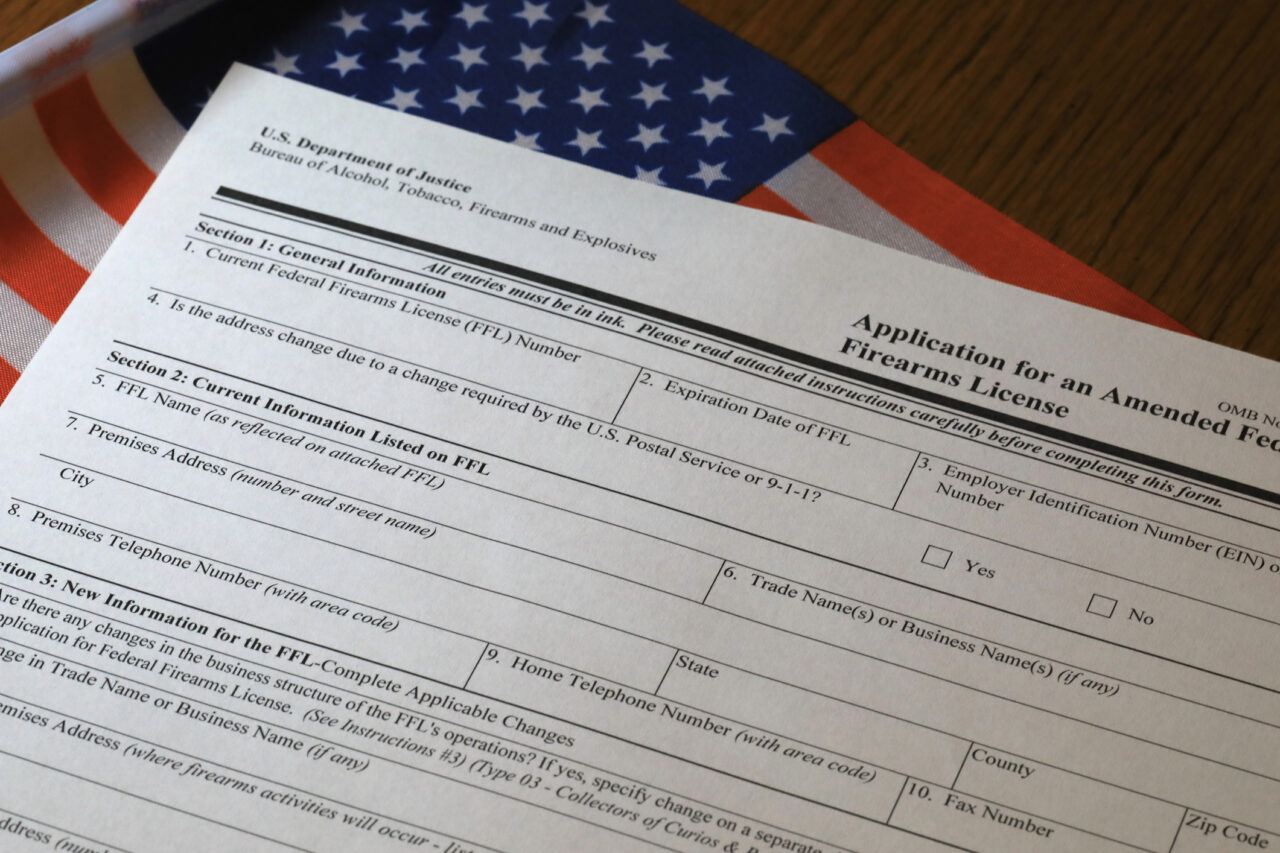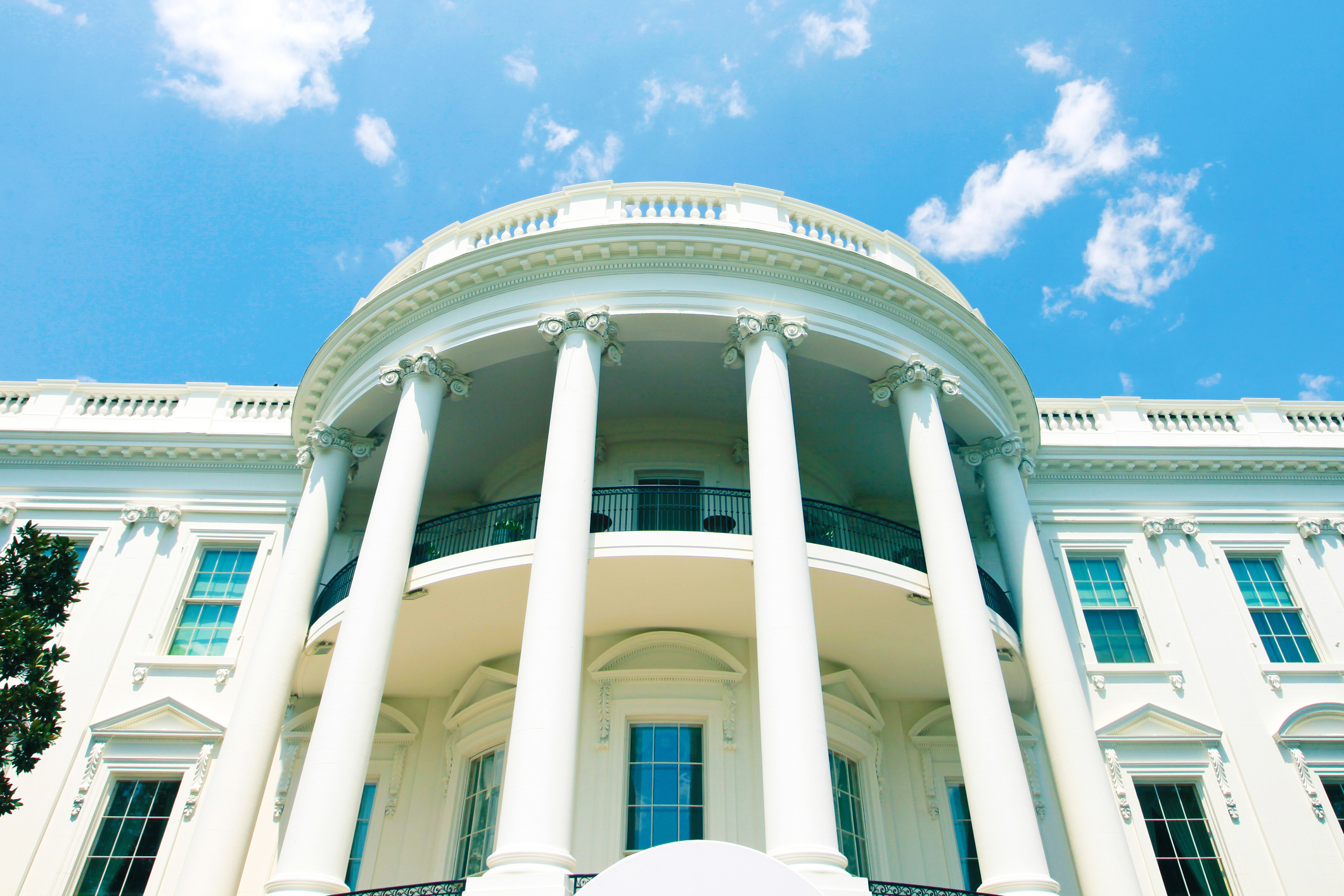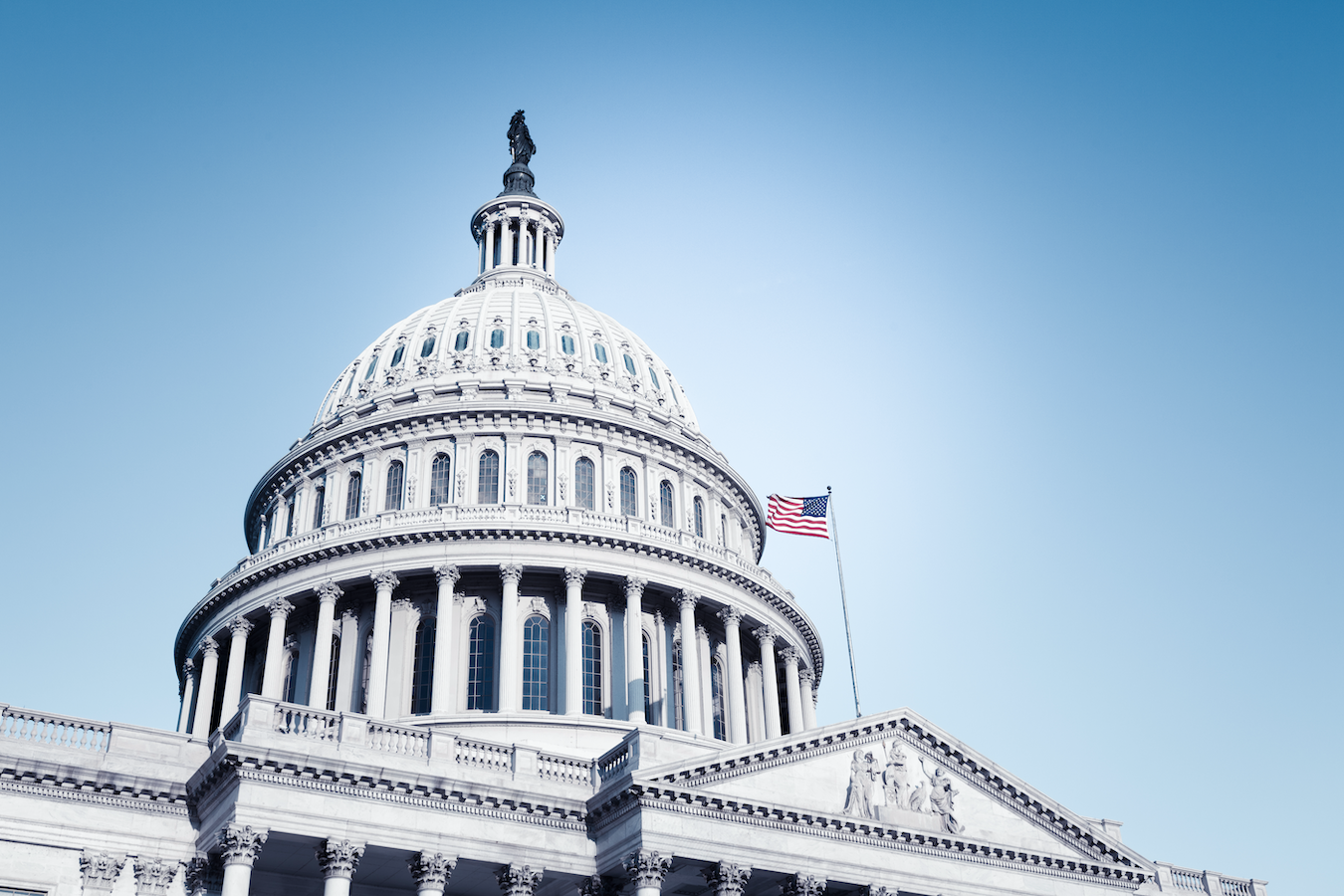Local elected officials play a crucial role in ensuring public safety and regulatory compliance within their communities. With the Bureau of Alcohol, Tobacco, Firearms, and Explosives (ATF) recently finalizing amendments to the firearm dealership regulations under 27 CFR Part 478, it is imperative for local government leaders to understand the implications of these changes and how they can effectively support enforcement and community awareness.
Overview of the Revised Regulations
The ATF’s final rule significantly broadens the definition of ‘engaged in the business’ for firearm dealers. This revision is part of implementing the Bipartisan Safer Communities Act, which was supported by the NLC.
What Local Elected Officials Need to Know:
1. Expanded Definition of Firearm Dealership
- The new rule defines dealers as those intending to “predominantly earn a profit” from the sale of firearms rather than needing to prove it as their primary livelihood. This change aims to encompass a wider array of individuals and entities under the requirement for licensing, including those selling online or at gun shows.
2. Implications for Licensing and Compliance
- Elected officials should ensure that local law enforcement and regulatory bodies are aware of the expanded criteria for who should be licensed as a firearm dealer. Enhanced training and resources may be necessary to manage compliance checks and licensing processes effectively.
- Understanding the broader definition of “purchase” and “sale,” which now includes any exchange of value (e.g., bartering goods, services, or even controlled substances for firearms), is crucial for properly identifying unlicensed transactions.

3. Enhancing Public Safety and NICS Enhancement
- The rule mandates more rigorous background checks by increasing the number of transactions that must go through licensed dealers. This supports NLC’s longstanding policy, which calls for the federal government to expand and enhance the National Instant Criminal Background Check System (NICS) and require anyone selling or transferring a gun to verify records through an authorized federal firearms licensee (FFL) to ensure the buyer is not a prohibited person.
- Local leaders can support public safety by promoting awareness of these requirements among community members and potential firearm purchasers.
- Engaging with community stakeholders, including local businesses and firearm dealers, to educate them about the new regulations and the importance of compliance can help prevent illegal firearm sales and ownership.
4. Support for Former Licensees
- The rule outlines procedures that former licensees must follow when liquidating their inventory. Local governments might need to assist in monitoring and facilitating these processes to ensure that firearms are not disposed of improperly or illegally.
5. Effective Date and Enforcement
- The rule takes effect 30 days after its publication in the Federal Register. Local officials should coordinate with law enforcement to update local ordinances and enforcement practices to align with the new federal regulations.
- It may be beneficial to establish local task forces or working groups to address the specific needs and challenges related to firearm dealership regulations in the community.
Conclusion
For local elected officials, the ATF’s updated firearm dealership regulations present an opportunity to strengthen community safety protocols and ensure that all firearm transactions within their jurisdictions meet the latest federal standards. By proactively adopting local enforcement practices and engaging with the community to promote awareness and compliance, local leaders can play a pivotal role in preventing unlawful firearm sales and enhancing public safety.











